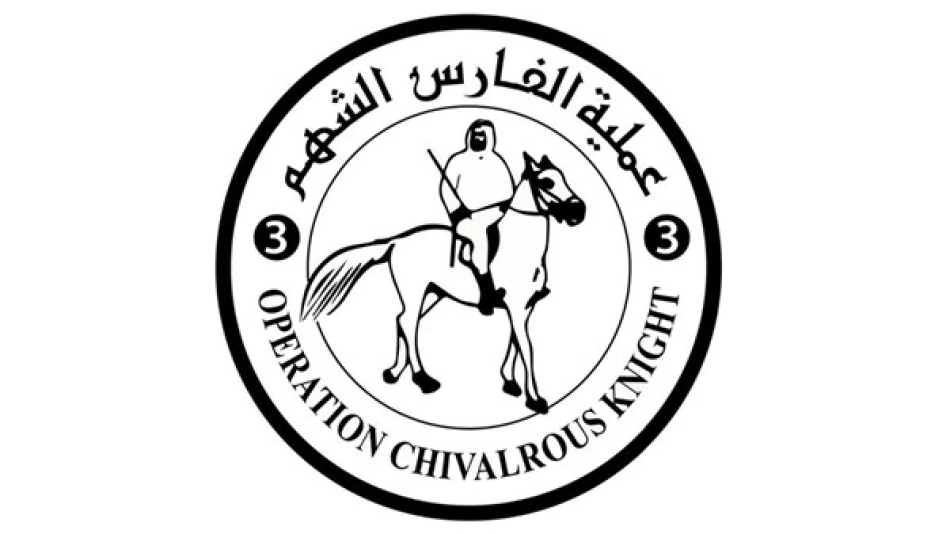
Emirati Aid Convoy Delivers 4,565 Tons to Gaza as Part of 'Gallant Knight 3' Operation
UAE Doubles Down on Gaza Relief Efforts with Major Aid Surge Through Egypt
The United Arab Emirates has significantly escalated its humanitarian response to Gaza's crisis, delivering over 4,565 tons of critical supplies through 214 trucks in just two weeks via Egypt's Rafah crossing. This surge under "Operation Gallant Knight 3" represents a strategic pivot in Gulf humanitarian diplomacy and highlights how regional powers are filling gaps in international aid delivery to the besieged Palestinian territory.
Massive Scale of Current Operations
Ten convoys have crossed into Gaza carrying essential food supplies and specialized water desalination equipment—a particularly crucial resource given Gaza's chronic water infrastructure challenges. The UAE has positioned a dedicated humanitarian team in Egypt's Al-Arish city to oversee precise loading operations and ensure efficient distribution to Palestinian civilians.
The focus on desalination equipment signals a longer-term strategic approach beyond immediate relief. Gaza's water crisis predates the current conflict, with over 95% of the territory's water supply previously deemed unfit for human consumption by international standards.
Timing Coincides with Ceasefire Opportunities
The UAE has intensified these operations since the beginning of recent truces, capitalizing on temporary windows of relative calm to maximize aid delivery. This tactical timing demonstrates sophisticated humanitarian logistics planning and suggests coordination with Egyptian authorities who control the Rafah crossing—Gaza's primary gateway to the outside world besides Israeli-controlled passages.
Regional Humanitarian Competition
The UAE's prominent role in Gaza relief reflects broader Gulf competition for regional influence and humanitarian leadership. Similar to how the Emirates positioned itself as a key player in Afghanistan aid after 2021, this Gaza initiative reinforces Abu Dhabi's strategy of using humanitarian diplomacy to build soft power across the Middle East.
Strategic Implications for Regional Dynamics
This humanitarian surge occurs against the backdrop of the UAE's normalized relations with Israel through the Abraham Accords, creating a complex diplomatic balancing act. The Emirates is demonstrating that normalization with Israel doesn't preclude substantial Palestinian support—potentially offering a model for other Arab states considering similar diplomatic arrangements.
For Egypt, facilitating these UAE convoys strengthens its position as the indispensable mediator in Gaza affairs while generating goodwill with wealthy Gulf partners. The collaboration also reinforces Egypt's role as the primary humanitarian corridor into Gaza, a position that carries both diplomatic leverage and economic benefits.
Operational Efficiency vs. Long-term Needs
The UAE's emphasis on "speed and efficiency" in distribution reflects lessons learned from previous humanitarian crises where aid often failed to reach intended recipients. However, the sustainability of such intensive operations remains questionable without broader political solutions to Gaza's underlying blockade and infrastructure challenges.
The inclusion of desalination equipment suggests UAE planners recognize that effective humanitarian intervention requires addressing systemic infrastructure failures, not just immediate shortages. This approach mirrors the Emirates' development philosophy in other regional interventions, from Yemen to Sudan, where it has combined immediate relief with longer-term capacity building.
Most Viewed News

 Layla Al Mansoori
Layla Al Mansoori






